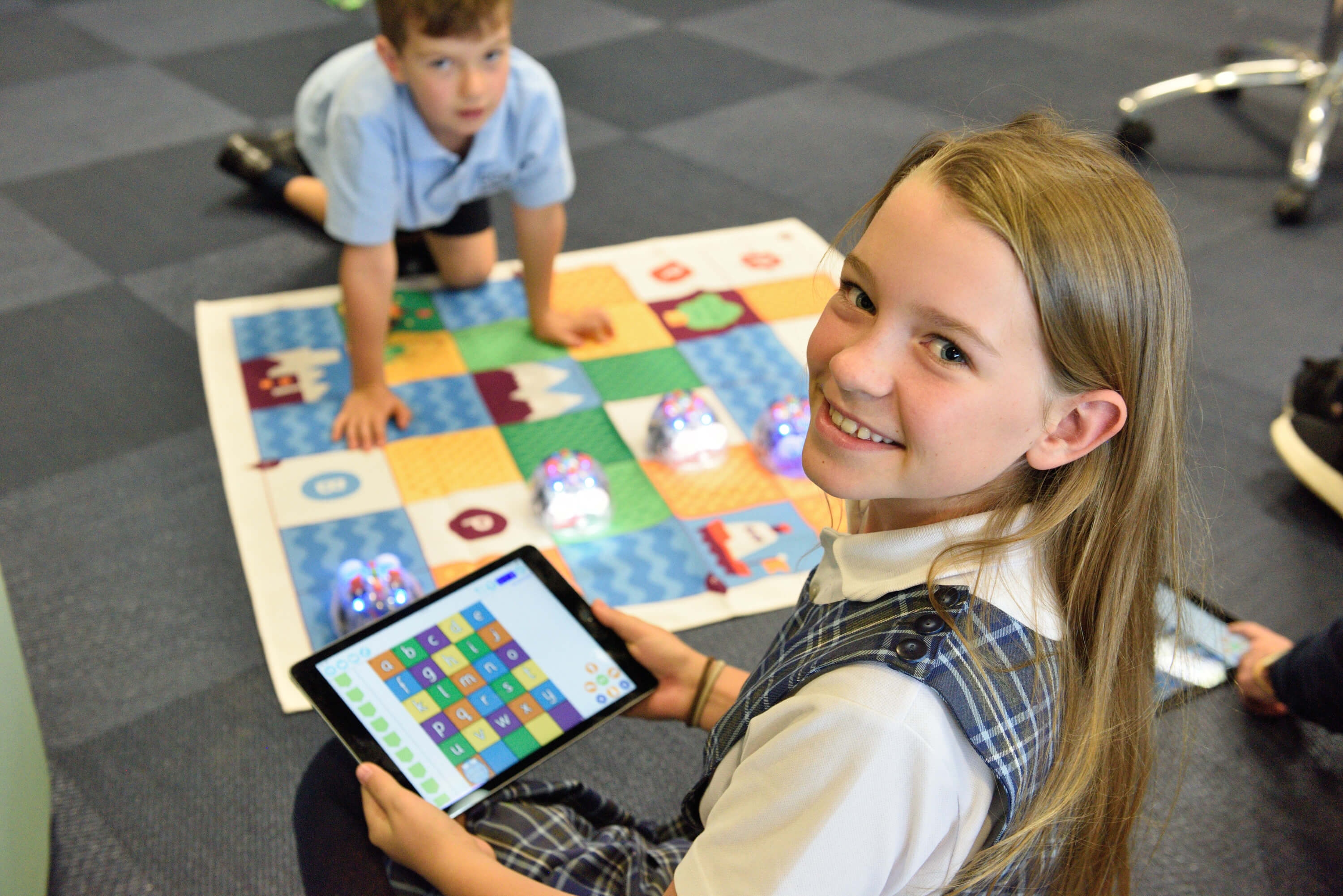Rainy days can be long and tedious if you have preschoolers at home. Children that age have a lot of energy, and it’s healthy for them to be active, both physically and mentally. Sitting in front of the TV or playing on a tablet isn’t fit for preschoolers. Try these seven fun indoor activities with your preschoolers.
1. Coloring or Art Projects
Coloring is a way for children to express their creativity and imagination. Children can color with crayons, colored pencils, markers, or paint. You can let children color on a simple blank piece of paper to stimulate self-expression or have them color in a coloring book. Coloring has many advantages, such as developing hand strength, fine motor skills, and learning to focus. Crafts are also fun for children. Many of these are available on Pinterest or other websites.
2. Children’s Yoga
Yoga can provide many benefits for young children. It can help their strength, coordination, and flexibility. It can also give them a sense of calmness and relaxation. There’s a great website with information on children’s yoga.
3. Board Games
Many board games are fun and educational for children, such as the classic Chutes and Ladders or Candyland. Games can help children learn their colors and learn to count. They also help children learn patience and how to take turns, which are invaluable life skills. Check out your local toy store, department store, or even look for second-hand games from friends or neighbors.
4. Physical Games
Many physical games give preschoolers exercise and also teach them life skills. Games such as Duck, Duck, Goose, or Musical Chairs get children up and running around. Games such as Simon Says and Red Light, Green Light help children learn to listen and follow instructions. Hide and Seek, doing a scavenger hunt or an obstacle course, are also fun. There is an informative blog about children’s games and life skills.
5. Fantasy or Creative Play
It’s healthy for children to fantasy play. Set the stage by encouraging them to dress up as one of their favorite princesses or superheroes and re-enact a scene they saw in a movie or heard in a book. Or perhaps they want to play restaurant or with dolls.
6. Read a Few Books
Reading to and with your preschoolers is one of the most important things you can do for them. Always have books in your home, whether they’re books you own or books you get from the library. The National Education Association has tips for reading to preschoolers.
7. Play Dough, Clay or Other Molding Materials
Playing with play dough, clay, or other molding material is not only fun for children, but it enhances fine motor schools, develops hand and eye coordination, and can have a calming effect on children.
Enjoy your rainy days with these fun activities for children. The days will go by much faster, and your children will learn and get exercise too.




